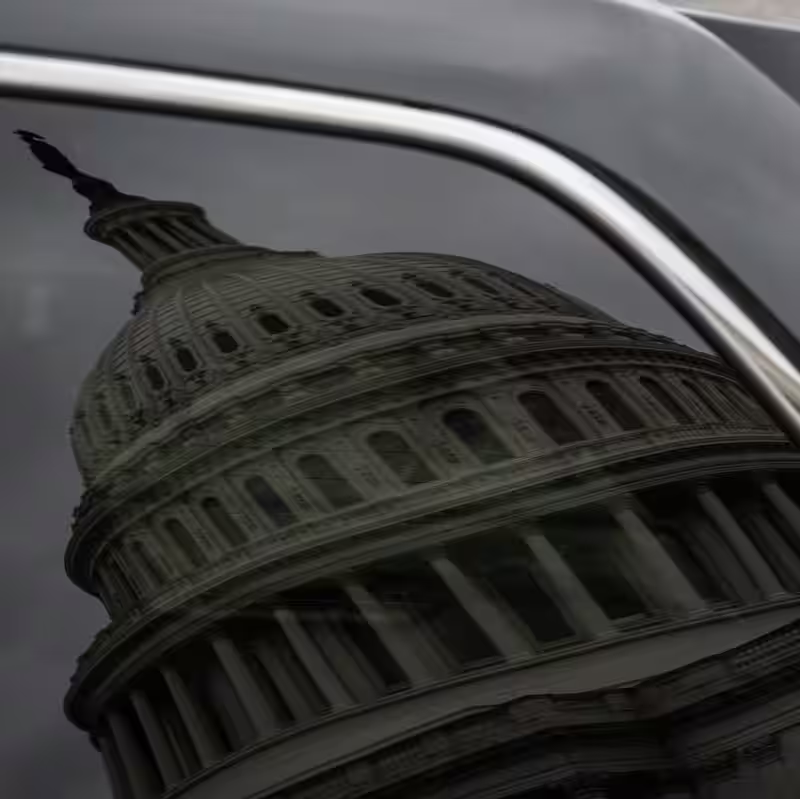Congress is vanishing before our eyes—not with a bang, but with silence, shutdowns, and surrender. As the federal government enters its 22nd day without full funding, lawmakers on Capitol Hill appear more like spectators than stewards of democracy. “It’s like we have given up,” admitted one Republican lawmaker, echoing a growing sense of institutional collapse .
Shutdown Without Urgency
The current government shutdown is unlike any in recent memory—not because of its scale, but because of the stunning lack of effort to end it. The House hasn’t held a vote since September 19. Speaker Mike Johnson refuses to call members back into session, effectively freezing all legislative activity.
Even more jarring: Johnson has declined to swear in newly elected Representative Adelita Grijalva (D-AZ), despite her landslide victory in a September special election to replace her late father, Raúl Grijalva. She’s been told to “go home and serve constituents” she can’t officially represent—because Congress won’t seat her.
Trump’s Power Play
While Congress stalls, President Donald Trump is reshaping federal priorities unilaterally. His administration has redirected billions in spending, launched military operations off the coasts of Venezuela and Colombia, and imposed new tariffs—all without congressional approval.
At a recent White House lunch with Senate Republicans, Trump declared, “We don’t need to pass any more bills—we got everything in that bill,” referring to the GOP’s sweeping tax and policy package passed earlier this year using budget reconciliation.
His budget director, Russell T. Vought—dubbed “Darth Vader” by Trump for his aggressive cost-cutting agenda—received a standing ovation from GOP senators for efforts that many say are deliberately stripping Congress of its constitutional “power of the purse.”
Congressional Silence Speaks Volumes
Despite clear constitutional authority over war powers, tariffs, and appropriations, Republican leaders have offered little resistance. There’s been no serious oversight of Trump’s military maneuvers, no pushback on tariff threats harming rural economies, and no urgency to restore government functions.
“The Congress is adrift,” said Senator Lisa Murkowski (R-AK). “It’s like we have given up. And that’s not a good signal to the American public.”
Democrats’ Limited Leverage
Senate Minority Leader Chuck Schumer and House Minority Leader Hakeem Jeffries are demanding that pandemic-era Affordable Care Act subsidies be extended to prevent insurance premium spikes. But Republicans refuse to negotiate until Democrats first support a short-term spending bill—creating a circular stalemate.
Meanwhile, GOP leaders openly admit they won’t engage Democrats unless Trump gives them the green light. “Leader Thune and I visited with President Trump this afternoon and he confirmed he is ready… as soon as Schumer reopens the government,” Johnson posted online—effectively making the president the gatekeeper of legislative dialogue.
A Year-Long Shutdown on the Table?
Some top Republicans are now floating a radical idea: extend current funding levels for an entire year. While it would end the shutdown, it would also cement White House control over federal spending, sidelining the once-powerful Appropriations Committees entirely.
“There is a real danger that self-inflicted wounds by this institution will imperil it,” warned Senator Richard Blumenthal (D-CT). “I think people are shaking their heads that Congress has reached this point in America.”




